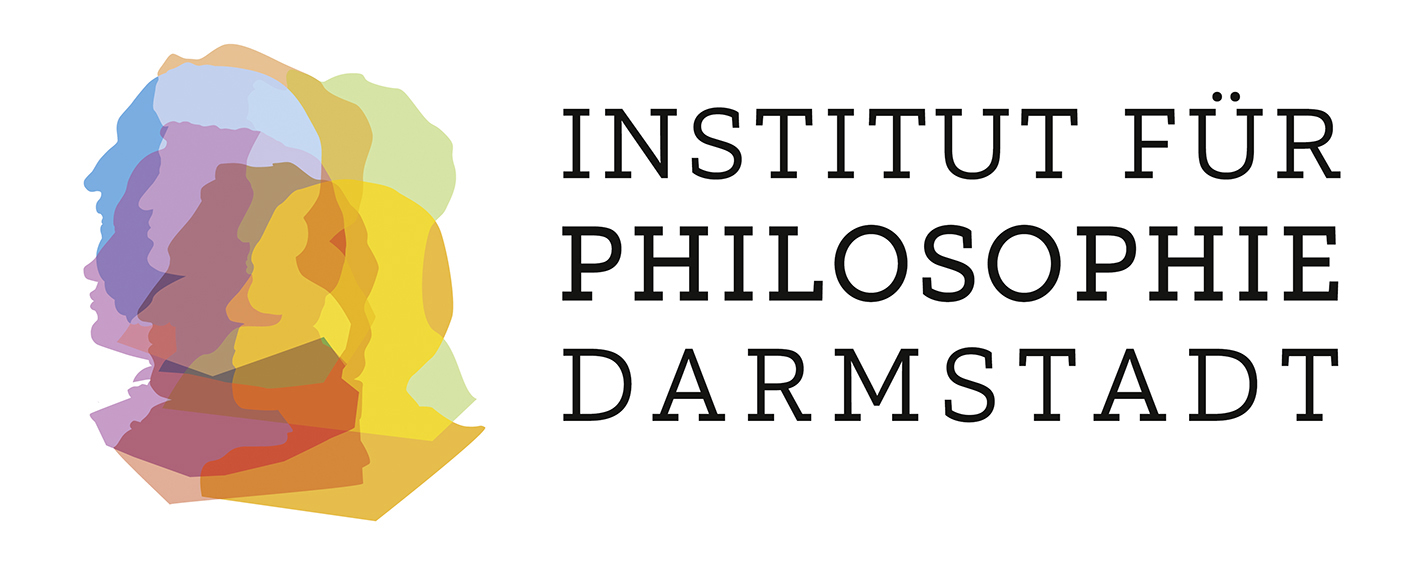17th & 18th December 2018
S3 20|18 Rundeturmstraße 10, TU Darmstadt
As the current refugee-crisis and other phenomena of de facto rightlessness show, Hannah Arendt’s observation is increasingly true in today’s world: a deprivation of rights manifests itself “first and above all in the deprivation of a place in the world which makes opinions significant and actions effective.” This means that there is an existential dimension to the full understanding of law. The workshop aims at exploring this theoretically neglected but politically and legally urgent issue. We start out by recognizing that the existential significance of realizing oneself through the medium of law is revealed most clearly in its absence in zones of legal transition where people’s legal status is negotiated and changed.
In political theory and post-structuralist theory, rightlessness and a-legality are topics of intense current interest that are being investigated in terms of the “excluding inclusiveness of law”. Influential post-structuralist critiques of the last decades have helped us to understand how law “produces” subjectivities and expresses power formations. Yet, a positive articulation of what “being through law” amounts to is still missing: the importance of legal frameworks for being a self, for being with others, and for being in a political community. Our thesis is that law is not just an instrument or tool by which we realize our intentions. It expresses and mediates our individuality in modern society where human actions are to a large extent realized through formalized legal categories. The workshop aims at enriching these debates with an inter/subjective aspect of lived experience, its existential structures, and its political and social consequences: how law mediates—or fails to mediate—human action, and thus, individuality in plurality.
Everybody is welcome to join us!
Participants:
Ayça Çubukçu (Sociology/Human Rights, LSE London)
Petra Gehring (Philosophy, Darmstadt)
Ayten Gündoğdu (Political Science, Columbia, New York)
Emily Hartz (Philosophy/Psychology, Copenhagen)
Sara Heinämaa (Philosophy, Helsinki)
Elisabeth Holzleithner (Legal Philosophy/Legal Studies, Vienna)
Sophie Loidolt (Philosophy, Darmstadt)
Esther Neuhann (Philosophy, Frankfurt)
Andreas Oberprantacher (Philosophy, Innsbruck)
Maria Robaszkiewicz (Philosophy, Paderborn)
Karsten Schubert (Philosophy, Freiburg)
Ashika Singh (Architecture, Philosophy, KU Leuven)
Margarita Varava (Philosophy, TU Darmstadt)
Schedule:
DAY ONE: DEC 17th 2018
9:15-9:30: Opening
(1) 9:30-11:00: Ayten Gündogdu (New York): “Forced Disappearances: A Critical Phenomenology of Border Deaths”
Response: Ashika Singh (KU Leuven)
(2) 11:00-12:30: Andreas Oberprantacher (Innsbruck): “The Shimmering Phenomenon of Clandestinity”
Response: Ayça Çubukçu (London)
12:30–14:00: Lunch
(3) 14:00-15:30: Elisabeth Holzleithner (Wien): „Not Nothing: Modes of Legal Recognition in View of Gender Pluralism“
Response: Karsten Schubert (Freiburg)
(4) 15:30-17:00: Petra Gehring (TU Darmstadt): “Female Body vs. Legal and Biomedical Embryocracy”
Response: Sophie Loidolt (TU Darmstadt)
(5) 17:00-18:30: Sara Heinämaa (Helsinki): “Constitutive, Prescriptive, Ideal? On the Many Senses of the Term ‘Norm’”
Response: Sophie Loidolt (TU Darmstadt)
20:00 Uhr: Dinner
DAY TWO: DEC 18th 2018se:
(6) 9:30-11:00: Maria Robaszkiewicz (Paderborn): “First Steps Towards a Phenomenology of Migration: On Versatility and Commonality of the Migration Experience”
Response: Margarita Varava (TU Darmstadt)
(7) 11:00-12:30: Emily Hartz (Copenhagen): “The Existential Dimension of Right Individuality, Plurality and Right in Fichte and Arendt”
Response: Esther Neuhann (Frankfurt)

